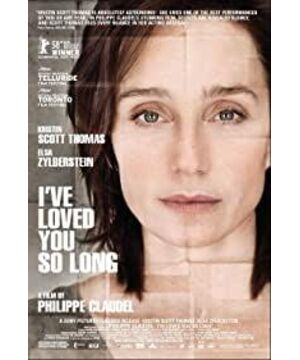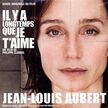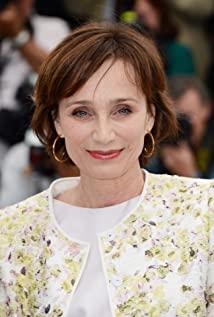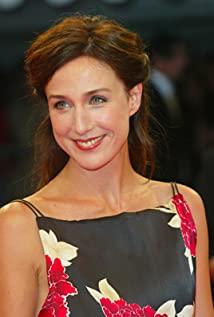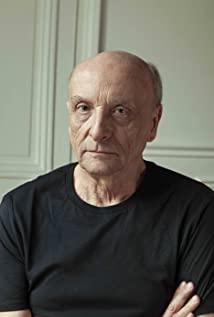This mother's string of killing her own son is not only tense in her sister's heart, but also in the movie. The director is not in a hurry, neither exaggerates the horror in it, nor deliberately explores the characters. The inner world; placing the characters "in everyday situations" at all times brings about a distancing effect or a distancing effect. Including the love between Juliette and Michel, including the shooting suicide of Officer Faure. It gives me the feeling that, just like this Goncourt winner is writing a short story again, if a writer gets too close to the daily situation, it is easy to find that he has completely lost the power of editing; as if a novel It will never be the same. Crowdale, on the other hand, is very familiar with it, and just firmly grasps the clue of Juliette's recovery of the "me" in her life. Not bad for the first time directing a movie.
The painting Juliette and Michel are talking about in the film is Emile Friant, a local painter in Nancy (also the hometown of director Crowdale). The painting "La Douleur", which means grief, and the word Douleur, as a professional term, also means "analgesia". Just like the sluggish woman who was paralyzed in front of the tomb in the painting. Her veil had gone nowhere, and the rest of the women, those who supported her on either side, and those who followed, still had the veil; only this woman in grief, facing the tomb, had her face exposed between life and death. There is a tomb in front of you and a cemetery behind, one for the dead and one for the living. Grief is more of a transgression. In the film, Juliette tells her sister that the grief brought by her own killing of her son is a prison that cannot be escaped. Although there is a reason for what happened, it is still guilty after all. In the midst of grief, Juliette's predicament, from the original transition from prison to a daily life, adds another layer of predicament, which is to be freed from the grief caused by her own killing of her son. This liberation does not mean forgetting or annihilating, but gaining support.
Judging from the film, I think this support started when my sister discovered the photo of little Pierre and the poem written on the back of the test sheet, which triggered the conflict. Because obviously, Juliette didn't have to hide the truth since it happened for a reason, as her sister said, there were other people who could help her. But Juliette felt that no one else could help, and little Pierre was always in pain. In pain, little Pierre begged for death: "If you have to die one day, please come after me." Juliette took on the death of little Pierre, as well as the loneliness that others could not understand. Prison disaster is more like a castle that Juliette built for herself. The only difference is that in this castle, Juliette is not punished by law or morality, but by love. The grief of killing one's own son with one's own hands outweighs all forms of loneliness. In this theme, the director Crowdale very cleverly borrowed the allusion of Abraham's sacrifice of Isaac in the Bible. In order to avoid ambiguity, Crowdale implemented a reverse strategy. In the biblical story, Abraham first answered the call of the LORD and said, here I am, and then took Isaac to Mount Moriah. In the film, Juliette first killed her own son and spent 15 years in prison. After a series of twists and turns, she did not say the call until the end of the film: I am here. She had promised Michel what she had said, but after saying this, Juliette seemed to mean something and repeated it: I am here. So, the movie ends. The sudden intrusion in the daily situation (Juliette was released from prison on parole), slowly recovered, the "I" that was previously concealed, ignored, canceled, and isolated, came back again; for the rhythm of the whole film, it is also a A very fitting ending without being abrupt at all. Crowdale introduced the poetic rhythm of his novel writing into the film, once again seeing the depth of life in the plain.
View more about I've Loved You So Long reviews


